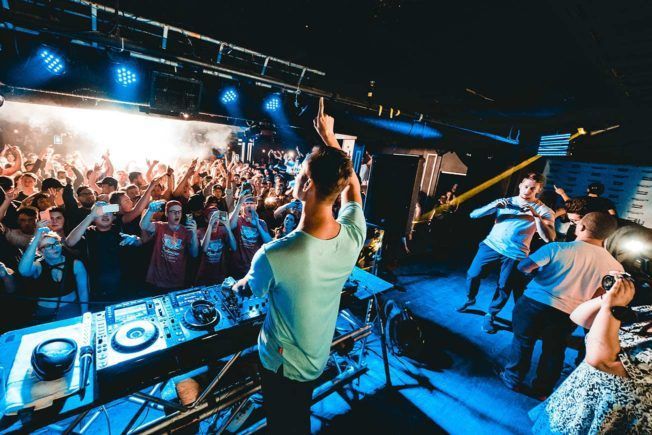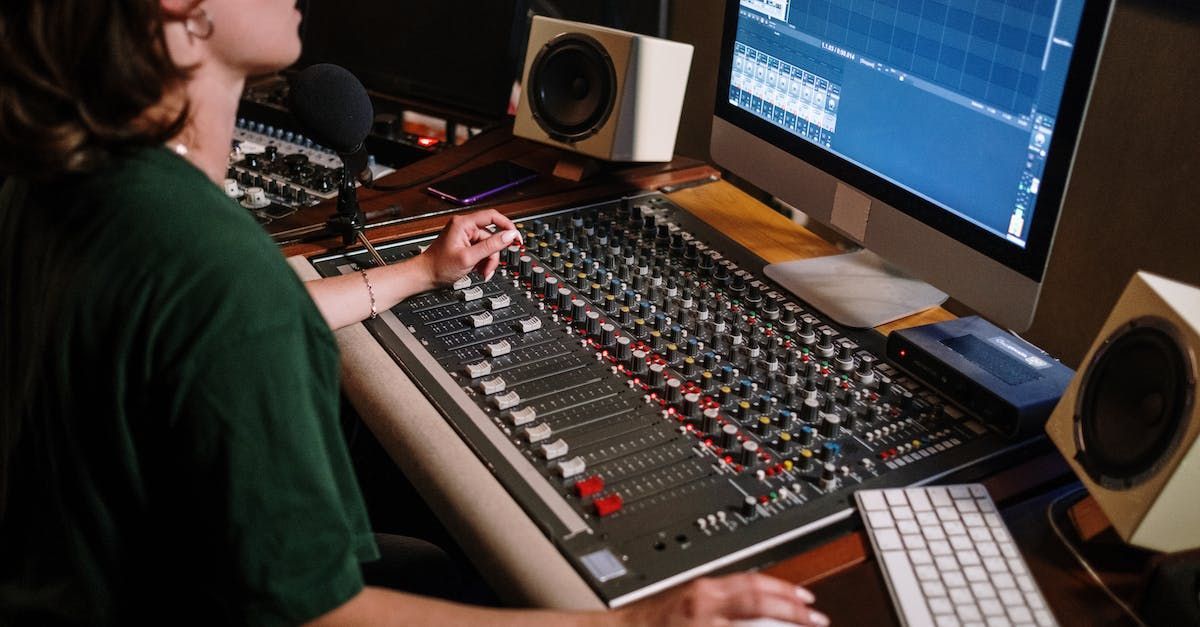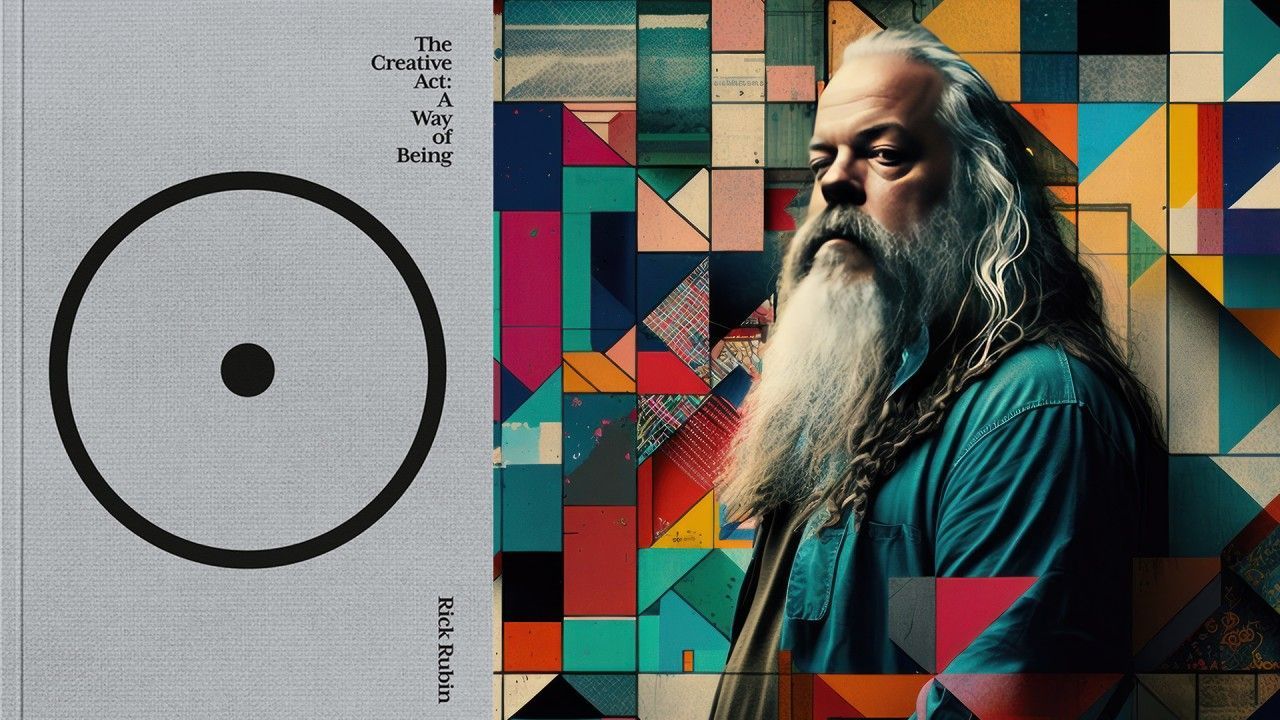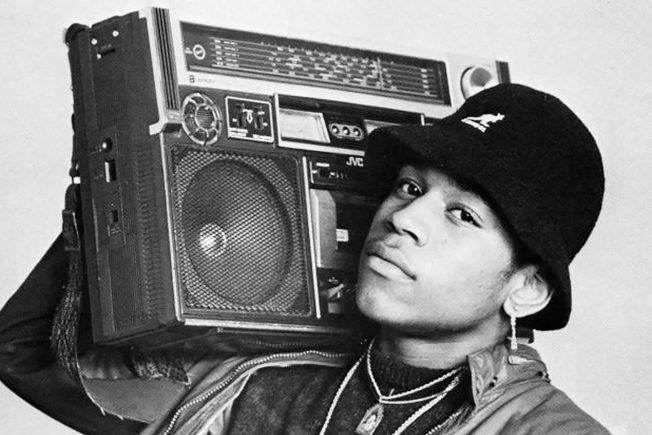Learn how to get noticed by a music booking agent. This guide explains the importance of a booking agent. It also offers tips on how to get noticed by a booking agency.

How to Get the Attention of a Booking Agent
Artists who commit to making a career in music will reach a point where it becomes time to consider a booking agent. This decision can be an important step in taking their music career to the next level.
Booking shows and organizing tours is a vital part of being a performing musician today. Playing live is also essential if you want to be a successful musician. Getting signed by a reputable booking agency or hiring a booking agent can launch your music career. A booking agent can approach promoters, negotiate contracts, help you grow your fan base, sell music, generate press coverage, and more.
However, finding that perfect booking agent is challenging. Competition is fierce, and the process can be frustrating. It also requires a lot of work and commitment. If you’re thinking about professional booking management, this guide is for you. These tips will help you get the attention of a booking agent.
What Is a Booking Agent?
A music booking agent secures and manages live performances or appearances for artists. Booking agents work closely with promoters, venues, festivals, record labels, and the artists’ manager.
A booking agent may work independently or for a booking agency that represents a roster of artists. They are the point of contact for talent buyers interested in booking an artist. They also contact venues and promoters to pitch performances.
Moreover, a booking agent will secure shows or tours, negotiate contracts, collect payments, arrange technical setups, and manage other details. They also handle hospitality (hotels, dinners, riders), logistics (travel, flights), tour routing, and promotional efforts. A booking agent may even secure interviews, radio, commercial, and TV performances.
Benefits of a Booking Agent
Booking your own shows or tours can be difficult and time-consuming. Having someone handle the music business aspects can advance your music career. Here are the benefits of having a booking agent:
- You can focus on writing, recording, and performing without the added stress of music business obligations.
- They have a vast network of contacts and working relationships with music industry professionals.
- Booking agents have direct contact with promoters, music venues, nightclubs, festivals, and anywhere else offering live entertainment.
- Venues and promoters prefer to work with trusted agents over unknown artists.
- They have experience in negotiating artist fees and contract terms.
- You’ll have a better chance of opening for the bigger acts a booking agency represents.
- A booking agent knows the music industry and music trends.
- They are connected to the electronic music scene and have experience finding opportunities on an artists’ behalf.
- They can help develop your music career and increase your exposure within the music industry.
Playing your music live is critical to building a fan base. Having a booking agent who can score bigger shows, better venues, and opening slots for popular acts can boost your music career. However, agents should only come into the picture when you have reached a certain point in your career.
When Is it Time for a Booking Agent?
The decision to hire a booking agent depends on where you are in your music career. It also depends on what you hope to achieve by working with an agent. Hiring an agent or connecting with a booking agency is also optional. You may choose to organize your own booking.
Artists reach a level to consider a booking agent when they have established a fan base, are playing regularly, selling out local shows, receiving several booking inquiries, and releasing original music. Most agents will not consider working with artists unless they have proven themselves as a live performer that can bring out fans.
In most cases, a booking agency will find you. However, you may hire an agent when it becomes difficult to manage your bookings, planning to tour, and are making enough to pay the agent.
How to Attract a Music Booking Agency
Connecting with a booking agency can play a major role in launching your music career. But how do you get their attention? We break it down with these ten tips:
1. Updated Electronic Press Kit (EPK)
An Electronic Press Kit (EPK) is effectively a resume for musicians, artists, bands, and DJs. An EPK is your online media/marketing portfolio, designed to provide simple access to all your essential information. Make this first impression count!
EPK’s are also one of the most professional tools to showcase your talents to the music industry. They provide your artist assets to labels, booking agents, promoters, venues, media, and anyone who would like to learn more about you and your music.
Moreover, an EPK should feature your artist bio, links to stream your music and DJ mixes, high-resolution images, tour dates, relevant media, logo, recent press, notable achievements, links to your social media or online presence, and contact details. A successful EPK represents you as an artist, your brand, and musical identity.
2. Release Music
There is a strong correlation between releasing music and scoring bookings. To be a successful touring artist, you must release music. Regularly putting out music is a sure way to build a loyal following that will get the attention of booking agents and promoters. Also, getting listed in various charts and having DJ support will increase your chances of catching the attention of a booking agent.
3. Perform Live Regularly
Booking agents want to see a busy gig schedule. Immerse yourself in your local scene and build a regular performance schedule. Take on as many worthy gigs as you can handle. Show booking agents and promoters that you’re serious about your music career. Having dates at notable venues or events can boost your credibility and make your local demand seem stronger. If you’re not able to manage a regular gig schedule, then keep busy releasing music. Show you’re staying active and relevant!
4. Record Label Support & Management
Signing your music with an established record label is the best way to reach a global audience. Gaining the support of a reputable label is a sure way to catch the attention of a booking agent. Also, releases from top labels receive a lot of chart coverage and music streams. This exposure will also increase your chances of getting noticed by a booking agent.
Once your music career reaches a certain level, you may also want to consider hiring a manager. It can be beneficial for your career if you have someone who can represent you, connect with booking agencies, and seek opportunities. Moreover, having a manager working on your behalf makes you more qualified to prospective agents.
5. Strong Social Media Presence
The rise of social media is a valuable asset for musicians. A strong social media presence is essential for promoting your music, engaging with fans, and expanding your fan base. Having an effective social media strategy also connects you with music industry peers and presents new opportunities.
Your social media profiles will also be the first place booking agents look when researching potential clients. They will judge an artist by looking at their social media presence, activity, and followers.
Covering all the major social media networks is also crucial. Facebook, Twitter, Instagram, YouTube, SoundCloud, and Mixcloud are excellent platforms for promoting your brand and music. The more you can showcase your artistry the better.
It’s also vital you keep your networks updated and active. Show you’re busy releasing music, playing live, and engaging with fans. Booking agents may get concerned about how in-demand you are if there are gaps in your timeline.
Furthermore, having a strong following will reassure booking agents you are a good investment. Followers show you have fans interested in your music and want to see you perform. Also, growing your followers organically will make you credible. Avoid services that generate fake followers. Having thousands of followers with little or no engagement is suspicious and will turn agents away.
Last, post engaging content with regular consistency to stay relevant to your fans. It’s critical to create content for your audience even when you’re busy in the studio, between releases, or touring. Finally, engage with your fans. It’s vital you connect with your fans. Don’t just use social media to promote your music and tour schedule. Use these platforms to interact with your fans.
6. Public Relations
One of the biggest challenges as an artist is getting your music heard. Getting noticed in the music industry takes work. You have to employ different marketing tools to keep up with the competition.
PR and marketing strategies play a big part in increasing your outreach and getting your music heard. An effective PR campaign will help you increase exposure, establish credibility, and open new opportunities.
Learning different ways to promote your music and brand is also essential if you want to make it in the music business. There are several effective ways to promote your music and reach new audiences. Do some research on public relations and marketing strategies.
7. Network and Build Relationships
Building relationships and networking in the music industry is always helpful. Boost your chances of getting noticed by a booking agent by making connections. Get out and connect with people, regardless of their status. Try to meet other artists, producers, DJs, publicists, booking agents, label staff, fans, and anyone else in the music scene. These connections could lead to opportunities. But, do so professionally, and don’t be a stalker.
8. Get Referrals
One of the quickest ways to connect with a booking agency is by referral. Your chances of being considered will increase if a known artist, manager or record label puts in a good word for you. So, making the right connections is crucial!
9. Stand Out from the Competition
What makes you stand out from the crowd? The competition is fierce, there are countless DJs and live performers in the music scene. Booking agents and promoters are always looking out for an act that is unique. Think of ways to stand out and catch the attention of booking agents.
Knowing your target audience is also vital. Who are your fans? What are their interests? Tailor your brand to meet the market’s needs. Also, keep up on trends in the music scene. Keeping on top of music industry trends will help you stay on point. Avoid the risk of becoming outdated or undesirable.
10. Be Considerate
Finally, professional courtesy is a must. Show the utmost respect to music industry peers and fans. Consider showing appreciation; gratitude can go a long way. Reputation and respect matters in the music industry!
Conclusion
For most artists, success doesn’t happen overnight. Going through the steps above takes time and commitment. Be patient, stay dedicated, and work hard on building your portfolio. It takes time to get noticed and to build a following.
Last, don’t rush into signing with a booking agency. Ensure you’re ready and that your music career is at a level that requires a booking agent. There are also numerous agencies out there. Research them and find the agency right for you.

Turn your passion for music into a Profession: Learn more about our Music School Programs!
MORE ARTICLES FROM THE ICON BLOG

FIND YOUR SOUND, HONE YOUR CRAFT:
Are you ready to turn music into a career? ICON prepares students to become music producers, composers, performers, recording artists, professional DJs, and entrepreneurs in the entertainment industry. Click below to get information about our award-winning programs:

